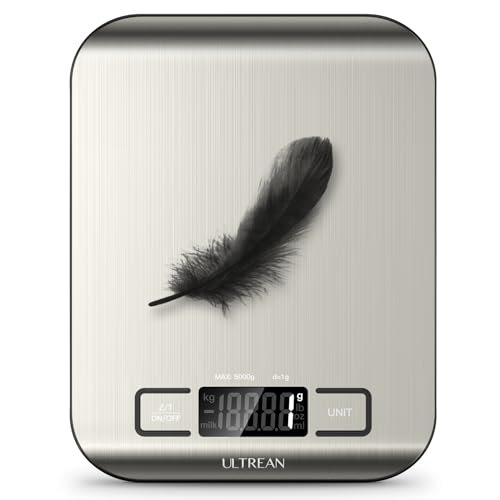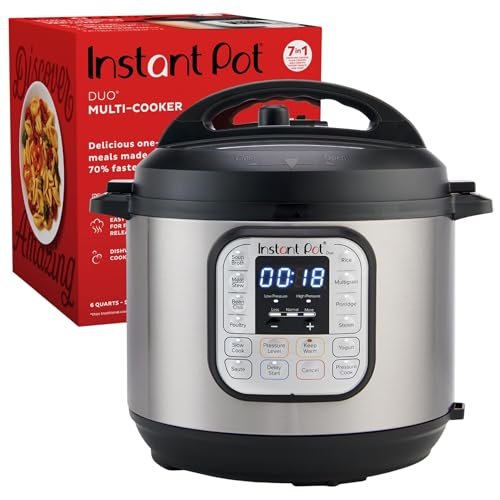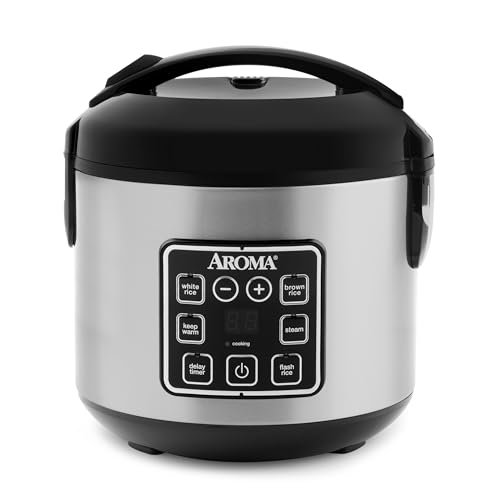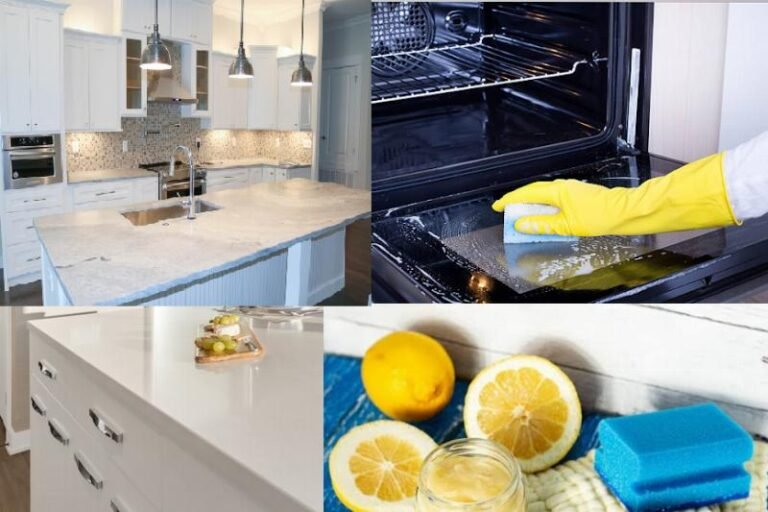Why is Cleaning Important in the Kitchen: Essential Tips
Imagine walking into your kitchen to prepare a delicious meal. The aroma of fresh ingredients fills the air, and your taste buds are tingling with anticipation.
But as you reach for a utensil, you notice a sticky residue on the counter. Suddenly, your excitement diminishes. A clean kitchen is not just about aesthetics; it’s about creating a safe and enjoyable space for you and your family.
When your kitchen is spotless, you’re not only protecting yourself from harmful bacteria and allergens, but you’re also fostering an environment that inspires creativity and joy in cooking. Dive into the reasons why keeping your kitchen clean is essential, and discover how it can transform your culinary experience. Ready to make your kitchen the heart of your home? Let’s explore the importance of cleanliness in the kitchen.

Credit: www.sparklymaidmiami.com
Health Benefits
Clean kitchens prevent the spread of germs and bacteria. Regular cleaning avoids food contamination and ensures a safe cooking environment. A tidy kitchen also promotes better health and hygiene for everyone at home.
Keeping your kitchen clean isn’t just about maintaining appearances. It’s a vital practice that directly impacts your health. A clean kitchen doesn’t just mean shiny surfaces; it means a safer and healthier environment for you and your family.Prevention Of Foodborne Illnesses
A clean kitchen is your first line of defense against foodborne illnesses. Microorganisms like bacteria and viruses thrive in dirty environments. Imagine the last time you left a plate out, and how quickly it attracted bugs or developed a smell. Regular cleaning helps ensure these harmful agents don’t get a chance to multiply. Wiping surfaces, cleaning utensils, and regularly checking expiration dates are simple actions that can prevent contamination. Isn’t it comforting to know that a few minutes of cleaning can protect you from a night spent dealing with food poisoning?Allergy Reduction
Dust, mold, and pet dander can accumulate in the kitchen, especially in hard-to-reach areas. These allergens can cause sneezing, itchy eyes, or worse, asthma attacks. A friend of mine had constant sneezing fits until he started a routine cleaning schedule. By keeping your kitchen clean, you reduce the presence of these allergens. Regularly vacuuming and wiping down surfaces can make a noticeable difference. Who wouldn’t want to breathe easier in their own home?Improved Air Quality
Have you ever walked into a kitchen and immediately noticed a stale or musty smell? Poor air quality can result from uncleaned kitchen areas. Cooking releases particles and grease into the air, which can settle and degrade air quality over time. Cleaning helps keep the air in your kitchen fresh and breathable. Use exhaust fans and open windows to help circulate air. Don’t you love the feeling of a fresh breeze as you prepare your meals? Cleaning may seem like a chore, but the health benefits are undeniable. With a little effort, you can transform your kitchen into a sanctuary of health and well-being. So, when will you start your next kitchen cleaning?Safety Measures
Cleaning in the kitchen prevents harmful bacteria and germs from spreading, ensuring a safe cooking environment. Regular sanitation of surfaces and utensils helps avoid foodborne illnesses. Maintaining cleanliness also keeps pests away, contributing to overall kitchen safety.
Cleaning your kitchen isn’t just about maintaining appearances. It’s a critical safety measure that protects your well-being. You might not realize it, but the kitchen can be a hazardous place if cleanliness isn’t a priority. Think of it as a small act with a big impact.Avoiding Accidents
Slippery floors are a common cause of accidents in the kitchen. A small spill can quickly become a big problem. Make it a habit to wipe up spills immediately. This simple step can prevent slips and falls. Cluttered countertops also pose a threat. A clean workspace reduces the risk of knocking over sharp objects. Keep frequently used items within easy reach to minimize unnecessary movement. Do you store cleaning supplies safely? They should be out of reach of children and pets. Proper storage reduces the risk of accidental ingestion or injury.Proper Use Of Cleaning Agents
Using the right cleaning products is essential. Not all surfaces are the same, and using the wrong cleaner can cause damage. Read labels carefully and follow instructions. Are you mixing cleaning agents? That’s a big no-no. Combining certain chemicals can create toxic fumes. Always use products as directed and never mix them. Ventilation is your friend. When cleaning, ensure your kitchen is well-ventilated. Open a window or use an exhaust fan to disperse fumes. Do you use eco-friendly cleaners? They are often safer for both your health and the environment. Consider switching to natural alternatives for a cleaner, safer kitchen.Cleaning your kitchen is an ongoing process. But with these safety measures, you can ensure your kitchen remains a safe and pleasant space. What steps will you take today to improve safety in your kitchen?
Efficiency And Organization
Cleaning in the kitchen isn’t just about hygiene. It’s also about making cooking efficient and organized. A clean kitchen saves time and minimizes stress. It transforms your cooking area into a place where everything is easy to find and use.
Streamlined Cooking Process
With a tidy kitchen, cooking becomes simpler. Ingredients and utensils are easy to locate. This reduces the time spent searching for items. It allows you to focus more on creating delicious meals.
Clear countertops provide space for food prep. This makes it easy to chop, mix, and cook without clutter. A clean cooking area boosts productivity and creativity.
Space Optimization
An organized kitchen maximizes space. Shelves and drawers store items neatly. This creates more room for cooking activities. It prevents overcrowding and makes it easy to access tools.
Properly storing kitchen gadgets frees up counter space. This allows more room for cooking tasks. A well-organized kitchen enhances efficiency in meal preparation.
Prolonging Appliance Lifespan
Keeping kitchen appliances clean is vital. Dirt and grime can cause them to break down faster. Regular cleaning helps maintain efficiency and prolongs their lifespan. This saves money and keeps your kitchen running smoothly.
Cleaning your kitchen is not just about keeping it looking spick and span. It’s also crucial for extending the life of your appliances. Think about how much you invest in your refrigerator, oven, or dishwasher. You want them to last, right? Regular cleaning can be the key to ensuring they function well for years. Let’s dig into how maintaining cleanliness can help prolong the lifespan of your appliances.Regular Maintenance
Regular maintenance is like a health check-up for your appliances. Cleaning them weekly can prevent the build-up of grime and dirt. A friend once ignored her oven for months, thinking it was fine. One day, it stopped heating properly. A quick clean of the heating elements and it was good as new. Don’t let that be you! Keeping a schedule to clean the coils of your refrigerator or the filter of your dishwasher can prevent costly repairs.Preventing Rust And Corrosion
Rust is the silent enemy of your kitchen appliances. Water spills left unattended can lead to rust and corrosion over time. Once, after a party, I forgot to wipe down the stovetop. A week later, I noticed tiny rust spots forming. Addressing it immediately saved me from a bigger problem down the line. Preventing rust is simple: dry surfaces thoroughly and clean spills right away. Are you checking your appliances regularly? Small actions can make a big difference. Keep your kitchen appliances in top shape with these simple cleaning habits. It’s all about being proactive and attentive. Your appliances—and your wallet—will thank you!Environmental Impact
Cleaning in the kitchen reduces environmental impact by preventing waste and contamination. It ensures food safety, protects health, and minimizes resource usage. Keeping surfaces clean also decreases the spread of germs, making kitchens more eco-friendly and sustainable.
Cleaning in the kitchen is more than just a chore; it has a significant impact on the environment. When you choose to clean responsibly, you contribute to reducing pollution and preserving natural resources. But how can you make your kitchen cleaning routine eco-friendly?Eco-friendly Cleaning Products
Choosing eco-friendly cleaning products is a simple yet effective way to lessen your environmental footprint. Natural ingredients like vinegar, baking soda, and lemon not only clean effectively but also reduce the chemical load on our waterways. Next time you reach for a cleaner, consider if it is safe for the environment and your family. Switching to eco-friendly products can also improve indoor air quality. Many conventional cleaners release volatile organic compounds (VOCs) that can harm your health. By opting for natural alternatives, you create a healthier home environment.Reducing Waste
Reducing waste in the kitchen starts with smart purchasing decisions. Buy in bulk to minimize packaging waste and choose products with recyclable packaging whenever possible. This simple change can significantly decrease the amount of waste your household generates. Think about how much waste your cleaning routine produces. For instance, using reusable cloths instead of paper towels can drastically cut down on waste. How often do you throw away a paper towel after a single use? Switching to a cloth that you can wash and reuse helps the planet and saves money in the long run. Every small action counts. By making mindful choices in the kitchen, you contribute to a cleaner, healthier planet. Have you considered how your cleaning habits impact the environment? Take a moment to reflect and make changes that benefit both your home and the earth.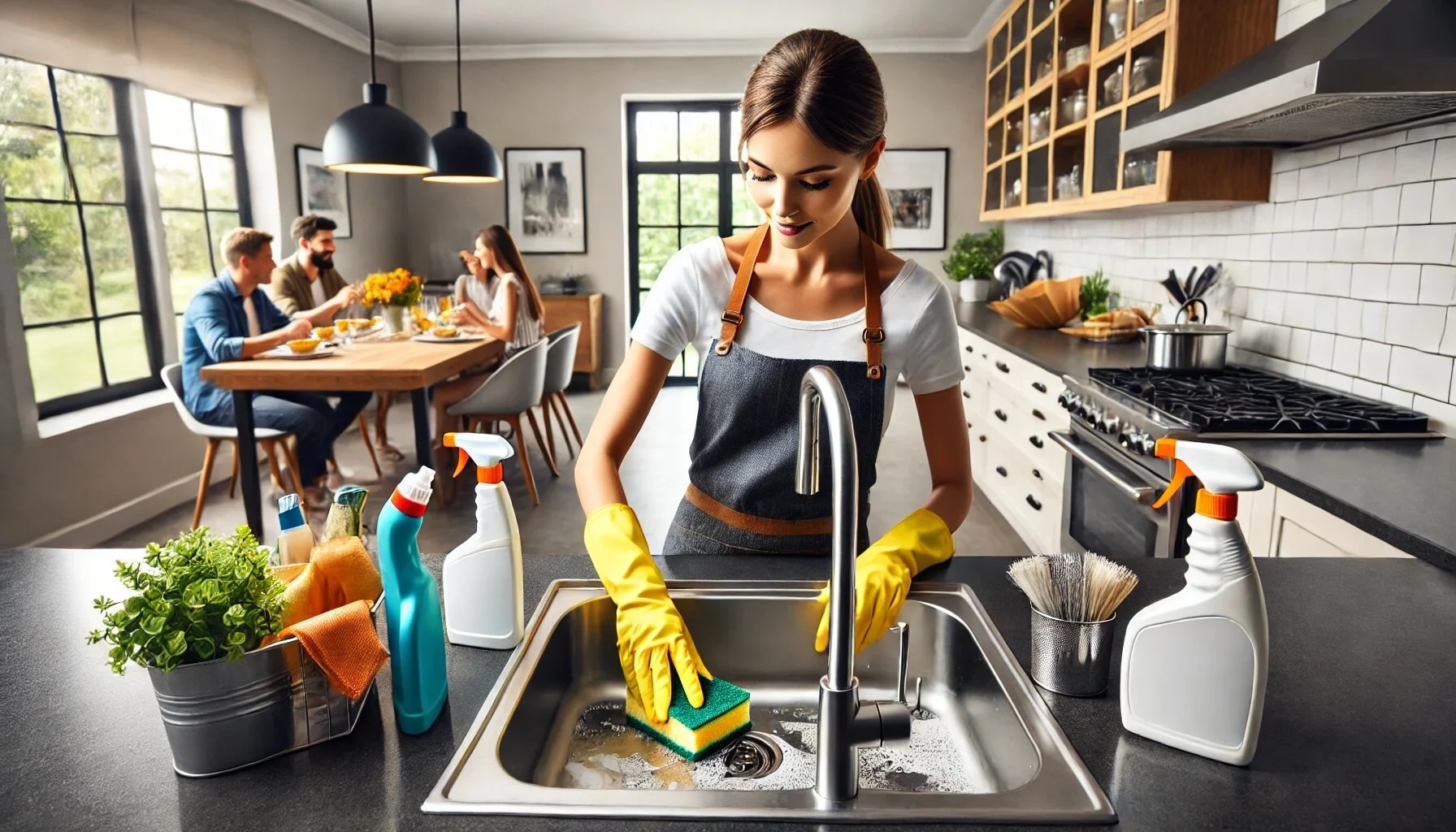
Credit: www.moveoutcleaningserviceaustin.com
Essential Cleaning Tips
Maintaining cleanliness in the kitchen prevents bacteria growth and ensures safe food preparation. A tidy kitchen also reduces clutter, making cooking more enjoyable and efficient. Regular cleaning extends the life of appliances and kitchenware, contributing to a healthier home environment.
Keeping your kitchen clean isn’t just about aesthetics; it’s about ensuring a healthy environment for you and your loved ones. A clean kitchen prevents the spread of germs and bacteria, keeps pests at bay, and makes cooking more enjoyable. With the right cleaning tips, you can maintain a sparkling kitchen with ease. Below are some essential cleaning tips that will make your kitchen shine.Daily Cleaning Routine
Start with the basics—wipe down your counters after every meal prep. It prevents crumbs and spills from becoming sticky messes. Sweep the floor daily to tackle any food particles that might attract pests. A quick sweep keeps your kitchen inviting. Don’t forget the sink. Rinse it thoroughly after washing dishes to avoid unpleasant odors. These small tasks make a big difference.Deep Cleaning Strategies
Plan a deep clean once a month. Empty out your fridge and scrub the shelves. It’s surprising how much grime can accumulate unnoticed. Tackle the oven. Use baking soda and vinegar to break down stubborn grease. It’s a tried-and-true method that works wonders. Remember the cabinets. Wipe them inside and out. Dust and grease love to hide in the corners. A clean cabinet means a clean dish.Special Care For Different Surfaces
Each surface in your kitchen needs unique care. For marble countertops, use a gentle cleanser to avoid scratches. Wooden surfaces benefit from vinegar and water solutions to keep them polished and germ-free. Stainless steel appliances shine with a mix of water and dish soap. Buff them with a microfiber cloth for a mirror-like finish. How do you tackle tough spots in your kitchen? Any tips that have made your cleaning routine easier? Share your thoughts!
Credit: www.moveoutcleaningserviceaustin.com
Frequently Asked Questions
What Are The Three Main Reasons Why We Need To Clean Kitchen Premises?
Cleaning kitchen premises ensures hygiene, preventing foodborne illnesses. It also reduces pest infestations, safeguarding food storage. Lastly, it maintains equipment efficiency, prolonging their lifespan and reducing maintenance costs.
Why Is Cleaning Very Important?
Cleaning prevents illnesses, promotes safety, and boosts mental well-being. It removes germs, allergens, and clutter. A clean environment enhances productivity and creates a positive atmosphere. Regular cleaning prolongs the lifespan of belongings and maintains hygiene standards. Prioritizing cleanliness leads to healthier, safer, and more efficient living and working spaces.
What Are The Three Main Benefits Of Cleaning?
Cleaning improves health by removing allergens and bacteria. It enhances productivity by creating organized spaces. It boosts mood and reduces stress by promoting a tidy environment.
Why Is Cleaning Important In Food?
Cleaning prevents food contamination and ensures safety. It removes harmful bacteria and allergens. A clean environment maintains food quality and taste. Proper cleaning practices reduce the risk of foodborne illnesses. Cleanliness in food handling protects consumers and promotes trust in food services.
What Are The Benefits Of A Clean Kitchen?
A clean kitchen prevents foodborne illnesses. It also keeps pests away and makes cooking more enjoyable.
Conclusion
Keeping the kitchen clean is vital for health and safety. Dirt and germs can spread easily. Clean surfaces prevent bacteria growth. A tidy kitchen also saves time. You find things faster. Cooking becomes more enjoyable. Regular cleaning protects appliances too.
They last longer with care. Everyone loves a sparkling kitchen. It shows pride and responsibility. A clean kitchen is a happy place. It brings peace of mind. So, make cleaning a daily habit. Enjoy a healthier, safer environment.

